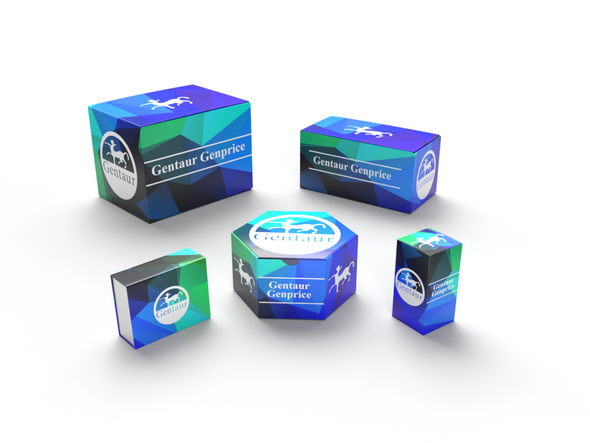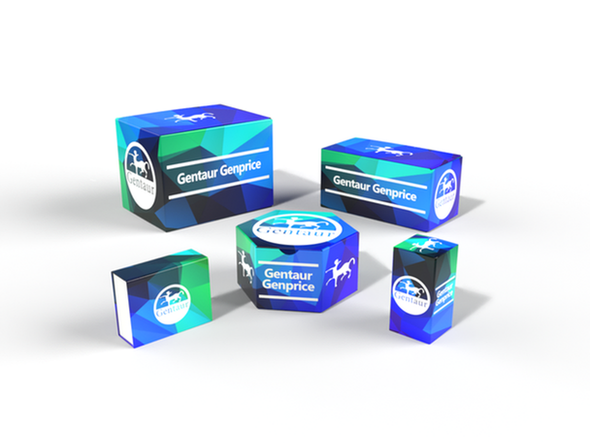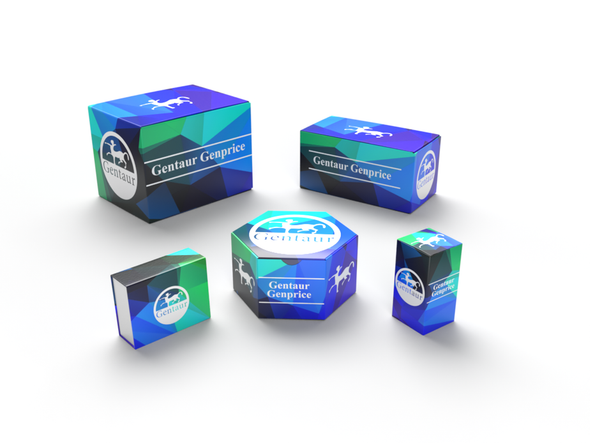Description
HLA-DQA1 Antibody | 18-550 | Gentaur UK, US & Europe Distribution
Host: Rabbit
Reactivity: Human, Mouse
Homology: N/A
Immunogen: Recombinant fusion protein containing a sequence corresponding to amino acids 24-216 of human HLA-DQA1 (NP_002113.2) .
Research Area: Other
Tested Application: WB, IHC
Application: WB: 1:500 - 1:2000
IHC: 1:50 - 1:200
Specificiy: N/A
Positive Control 1: SW620
Positive Control 2: HT-29
Positive Control 3: Lovo
Positive Control 4: Mouse brain
Positive Control 5: Mouse stomach
Positive Control 6: N/A
Molecular Weight: Observed: 28kDa-37KD
Validation: N/A
Isoform: N/A
Purification: Affinity purification
Clonality: Polyclonal
Clone: N/A
Isotype: IgG
Conjugate: Unconjugated
Physical State: Liquid
Buffer: PBS with 0.02% sodium azide, 50% glycerol, pH7.3.
Concentration: N/A
Storage Condition: Store at -20˚C. Avoid freeze / thaw cycles.
Alternate Name: HLA class II histocompatibility antigen, DQ alpha 1 chain, DC-1 alpha chain, DC-alpha, HLA-DCA, MHC class II DQA1, HLA-DQA1
User Note: Optimal dilutions for each application to be determined by the researcher.
BACKGROUND: HLA-DQA1 belongs to the HLA class II alpha chain paralogues. The class II molecule is a heterodimer consisting of an alpha (DQA) and a beta chain (DQB) , both anchored in the membrane. It plays a central role in the immune system by presenting peptides derived from extracellular proteins. Class II molecules are expressed in antigen presenting cells (APC: B Lymphocytes, dendritic cells, macrophages) . The alpha chain is approximately 33-35 kDa. It is encoded by 5 exons; exon 1 encodes the leader peptide, exons 2 and 3 encode the two extracellular domains, and exon 4 encodes the transmembrane domain and the cytoplasmic tail. Within the DQ molecule both the alpha chain and the beta chain contain the polymorphisms specifying the peptide binding specificities, resulting in up to four different molecules. Typing for these polymorphisms is routinely done for bone marrow transplantation.






